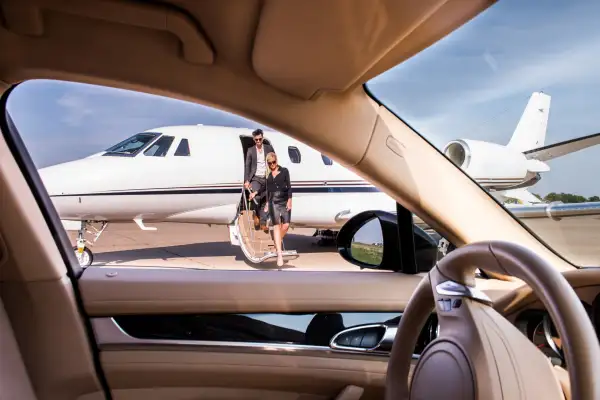A New Billionaire Is Minted Every Other Day — and They’re Leaving the Rest of Us Behind

The gap between the world’s poorest and the richest is growing, according to a new report by charity Oxfam.
The report, designed to highlight the disparity in incomes across the globe in 2018, found the world's 26 wealthiest billionaires possess about the same amount of wealth as the 3.8 billion people who make up the poorest half of the planet’s population.
What's more Oxfam found the fortunes of the world's billionaires increased by 12% year over year (or $2.5 billion a day). That's partly because of continued industrialization in emerging Asian economies like China -- which has been minting dozens of new billionaires a year -- and partly because of technological trends in developed nations, which have tended to concentrate wealth in fewer hands.
Meanwhile, though dire poverty has fallen over the past quarter-century, the poorest half of the global population saw its wealth decrease by 11% in 2018, according to Oxfam.
Global growth
To be clear, the Oxfam report comes with a mission. The poverty-focused organization released its report as business and geopolitical leaders convene for the World Economic Forum in Davos, Switzerland.
And, as many observers have been quick to point out, even if the gap between the globe's richest and everyone else is widening, that's not necessarily a problem if the gap is a result of overall economic expansion. China has experienced increasing income inequality in the past 20 years, however, the explosion of Chinese billionaires has taken place alongside a remarkable reduction in the nation’s poverty.
Rethinking taxes
Still Oxfam thinks governments can reduce global inequality with more equitable tax policies.
In spite of that rise in riches, extremely wealthy individuals and corporations are paying lower tax rates than they have in decades previous, according to the group. (In the US, that’s helped in part by the new tax law shepherded through U.S. Congress by President Donald Trump.)
“Universal health, education, and other public services reduce the gap between rich and poor, and between women and men. Fairer taxation of the wealthiest can help pay for them,” Oxfam says.
The group wants huge corporations to pony up in taxes. But it also has another ambitious goal: It has proposed a 1% global wealth tax on individuals that would raise an estimated $418 billion a year—enough to educate all children not in school and offer healthcare preventing 3 million deaths, according to its estimates.
On Thursday U.S. Senator Elizabeth Warren proposed just such a wealth tax, aimed at U.S. millionaires with more than $50 million in assets.